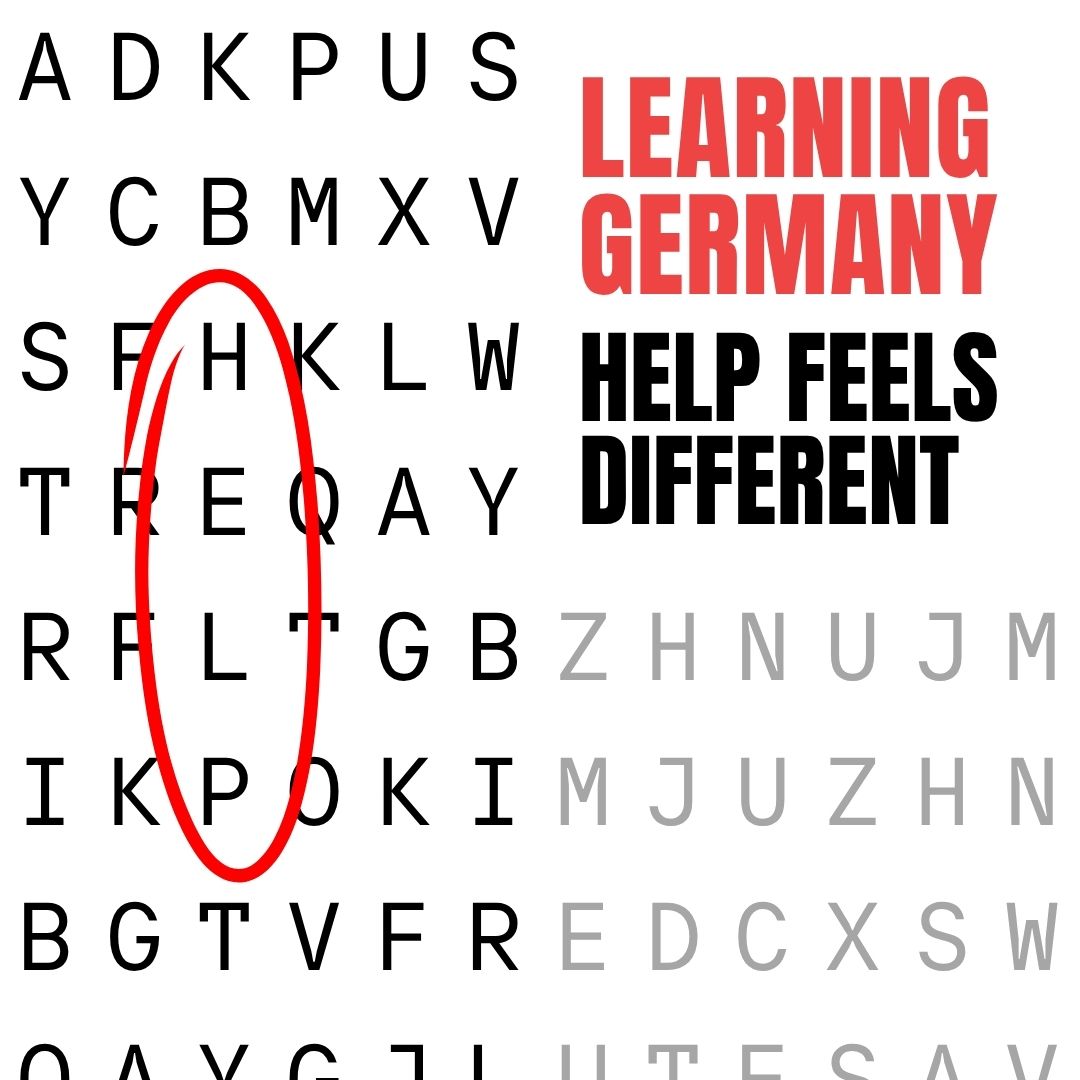What help looks like – and why it doesn’t always feel that way
Some insights stay with you.
Last time, we looked at how information is shared in Germany.
Formally, factually, often without much relation.
Today is about what often feels missing in these moments.
A gesture. A second question. Someone staying a little longer.
It’s about help.
And about how different it can feel, depending on what you expect.
You ask a question and get a link.
You share your confusion and receive a document.
You try to connect, but the answer stays formal, brief, correct.
And then comes that moment.
Was that not clear?
Did I say it the wrong way?
Did I ask something I shouldn’t have?
It doesn’t just feel distant.
It feels unsettling.
But maybe it’s not a no.
Maybe it’s a different kind of yes.
In Germany, help often starts earlier.
Before the question is asked.
It’s in the structure, the form, the quiet expectation
that you will move forward once you know where to look.
Helping often means being prepared.
Respect shows in waiting before you ask.
Time is treated as valuable, yours and theirs.
And sometimes, help simply means:
I trust you to try.
Not because I don’t care.
But because I believe you can.
If you come from a culture where help feels warmer,
more present, more immediate,
this may feel like withdrawal.
Like silence.
Or even like rejection.
But maybe it’s something else.
A quiet form of trust.
A logic that doesn’t speak loudly,
but still holds.
You’re not doing anything wrong.
You’re just learning what help looks like here.
And maybe that’s part of the system too.
Help as a path. Not a promise.
Help Feels Different
